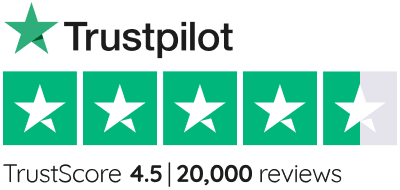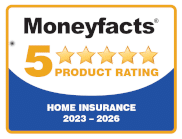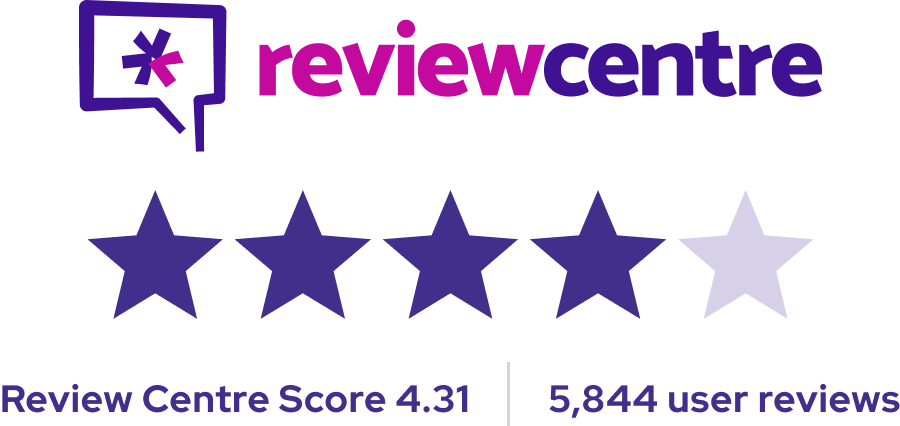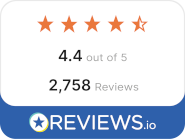How much tax do you pay on holiday let income?
HOLIDAY HOME TAX TIPS
When you start renting out your holiday home it’s important you tell the tax man otherwise you could be liable for fines. You can find all the latest and up to date information on the HM Revenue and Customs (HMRC) website – the below information is included as a guide but as regulations change we can’t guarantee it us up to date.
1. You must complete a Self-Assessment tax return, if the lettings income is above £2,500 after allowable expenses or £10,000 before allowable expenses
2. Allowable expenses include furnishings, letting agents’ fees, advertising, maintenance and repairs (but not improvements), utility fees and council tax, plus service providers like gardeners and cleaners.
3. Home insurance is an allowable expense and it’s absolutely essential you protect yourself with an insurance policy that covers holiday lets. Our holiday home insurance includes public liability insurance up to £5 million, 24/7 home emergency line, and vacant house insurance is available between lets.
4. You can also count ‘wear-and-tear’ of many items such as furniture, white goods and your TV. You can claim 10% of the value of these items as ‘capital’ expenses every year.
5. To work out the taxable income:
a. Add up all your rental income.
b. Add up all the allowable expenses.
c. Minus your expenses (b) from your income (a).
6. After allowable expenses if your income between £1,000 and £2,500, give the Self-Assessment Helpline a call on 0300 200 3310.
7. Due to the cost of setting up a holiday let, you may make a loss in your first year. This loss can be carried into the second year for tax purposes.
8. If you are a husband and wife team your taxable income can be allocated between you, as you see fit.
9. If renting out a holiday home is your full time job then factors such as National Insurance come into play and we recommend you get professional advice. This is particularly the case if you own more than one holiday let.
10. No booking can exceed 31 days. If it goes over 31 days then you’re into landlord territory and different rules apply. It also needs to be available for 210 days and let for at least 105 days to be eligible.
Now, this all sounds like a lot of work but if you meet the eligibility criteria, you will be taxed at a much lower rate than the tax you pay on your main salary, so it’s well worth the effort. In the long run, if you sell the property having met the eligibility criteria you will also benefit from various forms of Capital Gains Tax reliefs.
Some of you may be thinking the tax man doesn’t have to know, shouldn’t I just keep quiet about it? Apart from the moral implications of not paying, if you do get caught you may face substantial fines, particularly if HMRC can show you advertised the property online.





